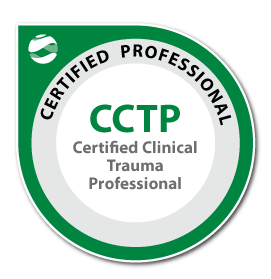Conquering Insomnia
Conquering Insomnia
By: Robert J. Smith, LCSW – Providing Counseling Services in Chicago and Suburbs
A common sleep disorder, insomnia, has become a significant problem in our stressed-filled world. According to a report of the National Commission on Sleep Disorders, insomnia has reached epidemic proportions. “Half of all adults now complain of trouble sleeping, up from one-third just a few years ago. At least 30 million adults endure the stress of severe, chronic insomnia.” Dr. Liu at the National Cancer Center in Tokyo has completed research showing a correlation between lack of sleep and heart attacks. Dr. Oliver of the Indiana Pain Academy has researched the relationship between insomnia and pain also showing a correlation. Those suffering from insomnia continue to struggle with this problem even with receiving medical treatment. Sleeping aids tend to be effective for short periods of time, and there is a high risk for the formation of addiction to many of these medications. Research has been conducted by Dr. Jacobs at Harvard University, and Hauri and Linde, formerly of the Mayo Clinic Sleep Disorders Program, in the use of Cognitive-Behavioral therapy and relaxation and stress-reduction techniques in the treatment of insomnia.
Individuals who suffer from insomnia may have certain negative beliefs and thoughts, and behavioral patterns with their sleep. Many people believe that they just have to live with less sleep, or must learn to cope with difficulty in functioning due to poor sleep. Most of these individuals seen for treatment frequently develop reinforcing behaviors or poor sleep during the transition time prior to going to bed and upon awakening during the night which serve to perpetuate poor sleep. They resort to taking short day-time naps when possible which further interferes with their sleep cycle. They also drink large quantities of coffee or smoke cigarettes during the day to stay awake. It becomes a never ending vicious cycle, unless a combination of clinical interventions are utilized to eliminate the negative reinforcers of sleeplessness.
Robert has developed a treatment approach to better manage insomnia. He uses a combination of sleep hygiene education, relaxation techniques, providing positive suggestions with clinical hypnosis, and cognitive-behavioral therapy has been very helpful for a number of his client’s. He has also developed a “Sleep Easily” audio program that can be used at home to reinforce treatment that is provided in the office.
Robert J. Smith, LCSW provides counseling services in Chicago and surrounding suburbs including Niles, Park Ridge, Des Plaines, Evanston, Glenview, Morton Grove, Mt. Prospect, Northbrook, and Skokie, Illinois.
Email:  counseling@RobSmithLCSW.com or Ph. (847) 824-8366.



